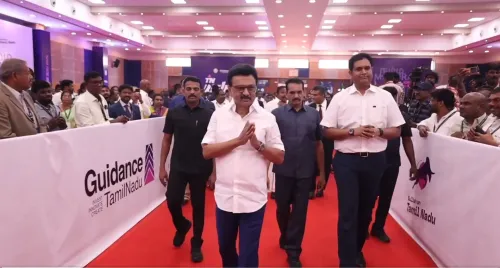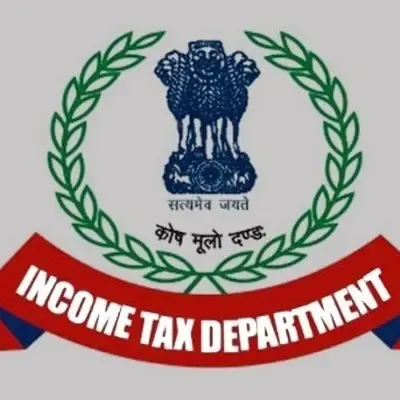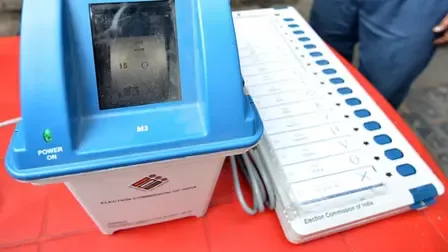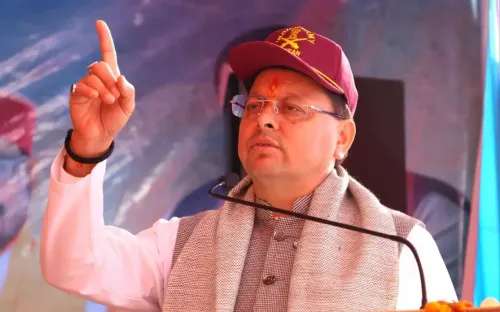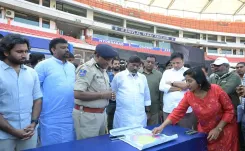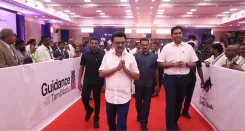Nagaland Government Takes Action for Peaceful Naga Issue Resolution: Governor in Assembly
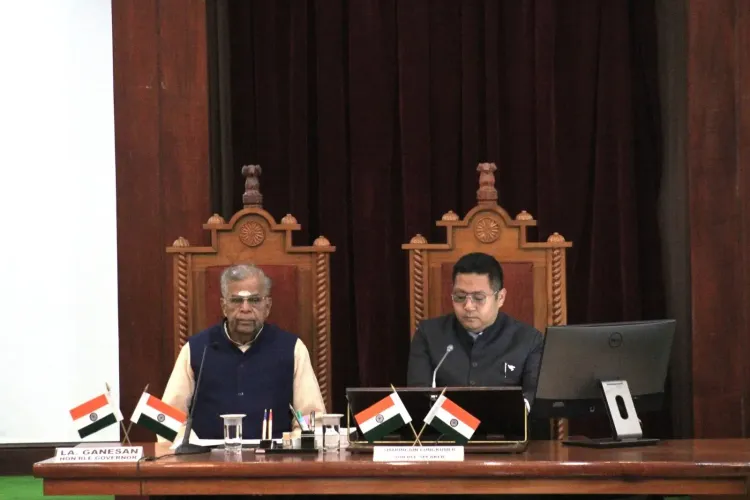
Synopsis
Key Takeaways
- Nagaland Governor emphasizes peaceful resolution of the Naga issue.
- Consultative meeting with tribal bodies held.
- Feedback on Memorandum of Settlement submitted.
- Infrastructure funding and initiatives announced.
- Successful local body elections held after 20 years.
Kohima, March 3 (NationPress) The Governor of Nagaland, La. Ganesan, stated on Monday that the Assembly has previously made collective efforts to facilitate a peaceful resolution of the Naga political issue.
During his traditional speech at the commencement of the week-long Budget session, the Governor noted that, as previously promised by Chief Minister Neiphiu Rio in the Assembly, the state government convened a consultative meeting with prominent tribal groups and civil society organizations to discuss the Naga political issue.
This consultative meeting occurred on September 12 of the previous year, he added.
Governor Ganesan expressed gratitude to the Assembly members for their collaboration on this important matter.
On November 21 of last year, the Chief Minister, along with Cabinet members, met with Union Home Minister Amit Shah to inform him of the public's desire for a prompt resolution to the Naga political issue.
Furthermore, Governor Ganesan informed the House that the state government submitted their feedback on the third draft of the Memorandum of Settlement (MoS) concerning the Frontier Nagaland Territorial Authority to the Ministry of Home Affairs on November 6 last year.
He mentioned that two discussion rounds have taken place, one in New Delhi and another in Chumoukedima, Nagaland, indicating significant progress and optimism that any remaining issues of the Eastern Nagaland Peoples' Organisation (ENPO) will be resolved.
Since 2010, the ENPO has been advocating for a distinct 'Frontier Nagaland Territory' or a separate state comprising six districts in eastern Nagaland—Kiphire, Longleng, Mon, Noklak, Shamator, and Tuensang, which are home to seven marginalized tribes: Chang, Khiamniungan, Konyak, Phom, Tikhir, Sangtam, and Yimkhiung.
Addressing infrastructure, the Governor emphasized its critical role in economic growth and development.
He mentioned that the Central government has allocated Rs 667 crore for the Revamped Distribution Sector Scheme (RDSS) in the power sector.
Under the Green Village Initiatives, 23 villages have been chosen, and free LED lights were distributed by the Power Department.
Under the PM-Surya Ghar Muft Bijli Yojana, the Power Department has installed seven Roof Top Solar Panels with a combined capacity of 24.11 kWp.
Additionally, Rs 20 crore from Special Assistance for capital investment is being used to install 18,000 smart prepaid meters in Dimapur and Kohima.
After a long hiatus, urban local body elections were successfully conducted for three municipal and 22 town councils, except for the 14 town councils in eastern Nagaland, according to Governor Ganesan.
In urban local bodies, one-third of the seats were reserved for women, and the election process was carried out peacefully after a 20-year gap.
The elections took place on June 26, with results announced on June 29 of the previous year.
Out of 523 candidates competing for 278 seats, 198 women candidates participated, and 103 of them won, representing 37 percent against the mandatory 33 percent of the available seats, as stated by the Governor.


